The damage could amount to trillions of dong each year.
In the era of the digital technology boom, besides revenue from advertising contracts with businesses and government-ordered media campaigns, the revenue of media organizations from online advertising, the sale of digital products such as e-books, exclusive articles, videos, podcasts, and revenue from reader subscriptions to access exclusive or private content are increasingly considered significant and important sources of income, and are key to the sustainable development of journalism in this new phase.
As public needs, psychology, and information access habits change dramatically, and competition among news organizations and between the press and other digital media becomes increasingly fierce, the issue of press copyright needs to be viewed more clearly and from a broader perspective, especially when it is linked to the economics of journalism.
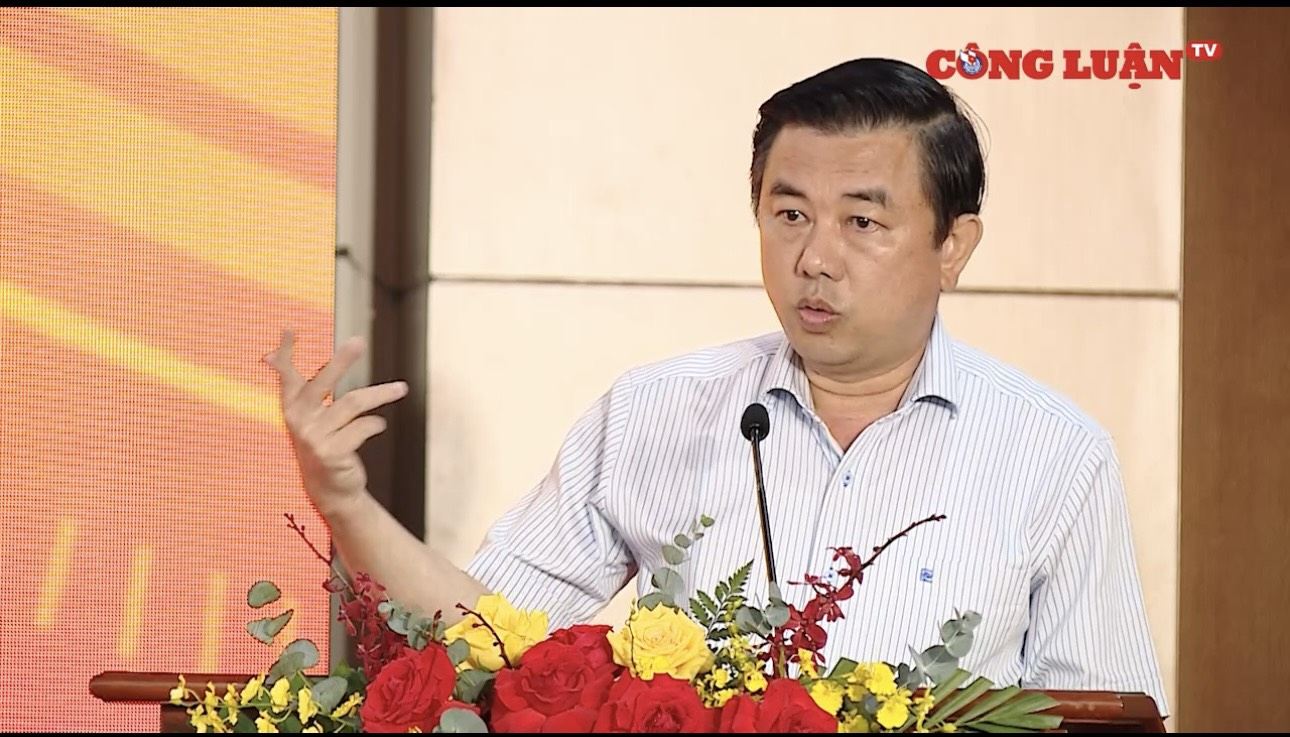
Journalist Nguyen Minh Duc, Editor-in-Chief of HanoiMoi Newspaper, stated that protecting copyright is extremely important to ensure the fairness and accuracy of published information, as well as the value of journalistic work.
Analyzing this issue, journalist Nguyen Minh Duc, Editor-in-Chief of HanoiMoi Newspaper, stated that from an economic perspective, uncontrolled copying of articles negatively impacts a newspaper's style. The copied newspaper loses loyal readers due to a failure to protect its copyright. Furthermore, it seriously affects the revenue of journalists as advertising revenue from the copied newspaper decreases.
When mainstream journalistic works are copied or stolen, the issue is not simply a matter of copyright infringement. The information that is cut, copied, or infringed upon also distorts and misrepresents the facts. For media organizations, this infringement affects their brand and reputation, harms the efforts and achievements of copyright holders and journalists, and results in significant economic losses.
Journalist Nguyen Minh Duc gave a specific example of the economic damage that many media organizations have faced and are currently facing: there are currently two basic channels through which the revenue of copyright holders is "flowing back" to websites that violate copyright.
Firstly, according to journalist Nguyen Minh Duc, many news websites, newspapers, and even "three-no" sites – those with unclear origins, unclear governing bodies, and social media platforms – due to the demand for a large number of articles daily and the pressure to achieve high view counts in order to sell advertising and clicks, have resorted to reproducing entire or partial articles from copyrighted news organizations. This leads to a situation where entities that do not directly create the content receive advertising revenue, while those who directly own the content do not receive commensurate value for their investment.
The second channel, which journalist Nguyen Minh Duc considers the most complex, difficult to control, and widespread, is the use of personal accounts, especially fake and unverified accounts on social media platforms like Facebook and YouTube. These accounts often cut and paste information, images, and videos from mainstream news and television channels, creating content with personal agendas to attract views and followers. Therefore, the more sensational and controversial the information is, the easier it is to gain followers.
Once they reach a sufficiently large number of followers, technology platforms like Facebook and YouTube will share advertising revenue from brands, primarily domestic brands. Thus, Google and Facebook's advertising revenue in Vietnam has been, and continues to be, heavily contributed by news content that reuses information from newspapers, but in a way that is… free of charge.
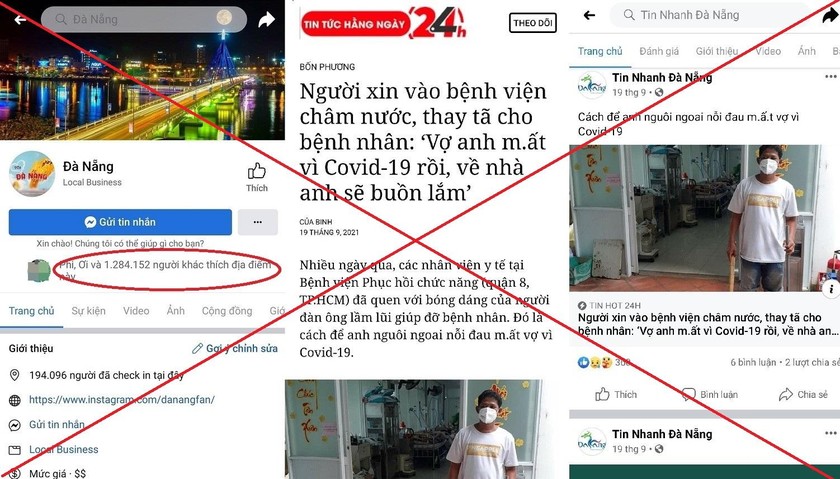
Many websites and fan pages specialize in "stealing" news articles from newspapers. (Photo: Vietnam Law Newspaper)
"Although there hasn't been an official investigation into the economic damage caused by copyright or intellectual property infringement, preliminary statistics from relevant authorities suggest that illegal revenue from copyright theft could amount to trillions of VND annually," Mr. Duc stated.
According to the Editor-in-Chief of HanoiMoi Newspaper, because most unofficial websites and online platforms are currently introduced by Google, as these sites pay Google, Google often runs advertisements on sites showing signs of copyright infringement. "The advertising revenue that should belong to copyright holders is instead 'flowing into the pockets' of websites, online platforms, and social media accounts, causing the revenue of many news organizations to decrease, while social media giants like Google and Facebook profit handsomely from the very infringement of copyrights on legitimate journalistic works," Mr. Nguyen Minh Duc stated, describing the current situation.
Seeking solutions
Copyright infringement is currently being carried out in highly sophisticated and ever-changing ways, making it difficult to address cross-border violations, such as those originating from foreign providers of services in Vietnam. Despite numerous efforts by regulatory agencies, intermediary service providers, organizations, copyright owners' representatives, and copyright owners themselves, the increasing rate of copyright infringement necessitates more practical and feasible solutions.
Journalist Nguyen Minh Duc believes that detecting copyright infringement is not difficult, but effectively dealing with these violations is not simple and requires comprehensive and synchronized solutions.
Regarding media organizations, Mr. Duc suggested developing a service for selling copyrights to journalistic works. This service would allow other partners to use the works of the media organization holding the copyright, provided they purchase the copyright beforehand. These journalistic works could include articles, images, videos , and audio published or produced by media organizations.
"When other partners want to use these works, they have to purchase the copyright from the media organizations. This helps ensure that the works are used in accordance with copyright regulations and that media organizations receive appropriate fees for using their works," journalist Nguyen Minh Duc shared.
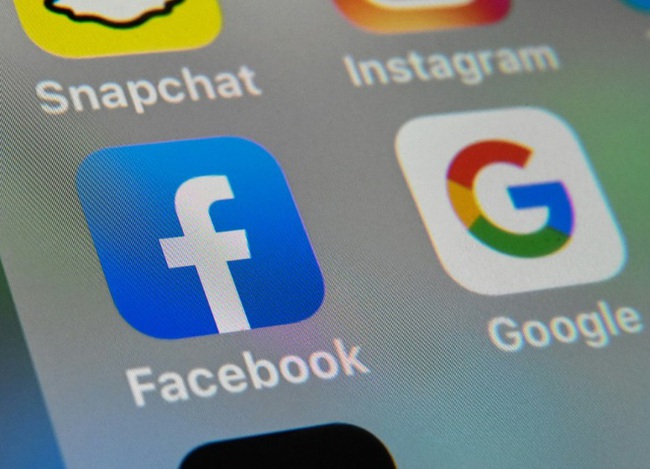
According to data from the Press Department of the Ministry of Information and Communications, nearly 80% of advertising revenue from domestic companies and brands is transferred to Facebook and Google. On average, approximately $900 million USD in advertising revenue flows abroad each year.
The Editor-in-Chief of HanoiMoi Newspaper also suggested that media agencies should closely coordinate with state management agencies in the process of drafting legal documents related to copyright issues and participate closely in the implementation process, providing feedback on amendments to these documents.
Regarding this issue, Ms. Dang Thi Phuong Thao, Deputy Director of the Press Department, Ministry of Information and Communications, stated that the Press Department is continuing to advise the government and the National Assembly on amending the Press Law, including the very important content of the Law on Press in the Digital Space, to update journalistic activities in the new situation and continue to make recommendations related to copyright.
Establishing standardized procedures to combat copyright infringement in journalism is a major concern for media organizations. The Press Department will propose to the Ministry of Information and Communications to develop a more complete and specific legal framework, especially regarding copyright protection in the digital environment and copyright protection through technological solutions.
"On the part of the Ministry of Information and Communications, when media agencies detect copyright violations, we will classify and handle them promptly, not only for unofficial websites and information sites but also for cross-border social media platforms," Ms. Thao emphasized.
According to Ms. Dang Thi Phuong Thao, in the past period, the Press Department and the Ministry of Information and Communications have addressed and handled many copyright violations in the press. However, in reality, press agencies have not really gotten involved and still show hesitation in this fight. Press agencies need to continue to cooperate more in detecting and providing information on violations.
In fact, copyright infringement of journalistic works in the digital environment not only affects the reputation and quality of newspapers, but also impacts the revenue of media organizations.
If each media outlet implements its own protective measures, it will be like engaging in an unequal battle. However, with guidance, support, and assistance from ministries, government agencies, and coordinated efforts among media outlets, this presents an opportunity for media organizations to grow stronger, more professional, and more effective.
Hoa Giang
Source






![[Photo] Prime Minister Pham Minh Chinh holds a phone call with the CEO of Russia's Rosatom Corporation.](/_next/image?url=https%3A%2F%2Fvphoto.vietnam.vn%2Fthumb%2F1200x675%2Fvietnam%2Fresource%2FIMAGE%2F2025%2F12%2F11%2F1765464552365_dsc-5295-jpg.webp&w=3840&q=75)





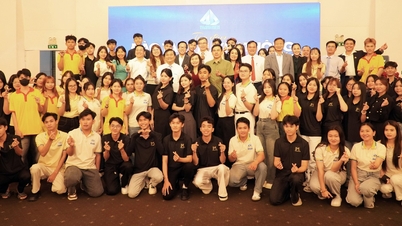


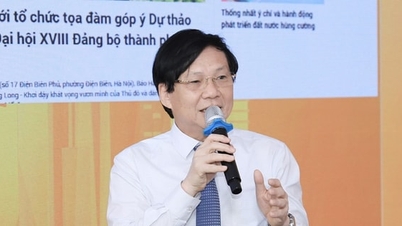


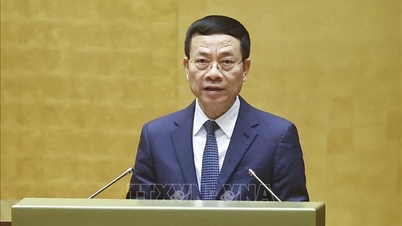

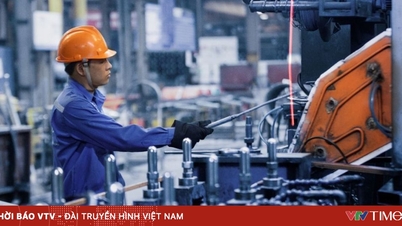















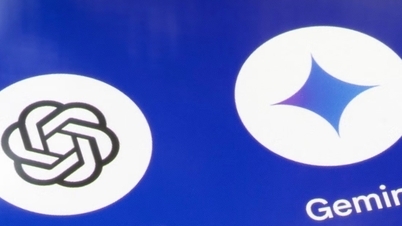










































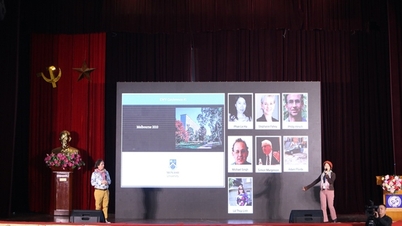
















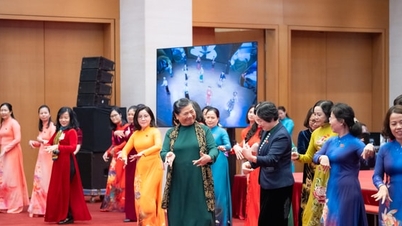











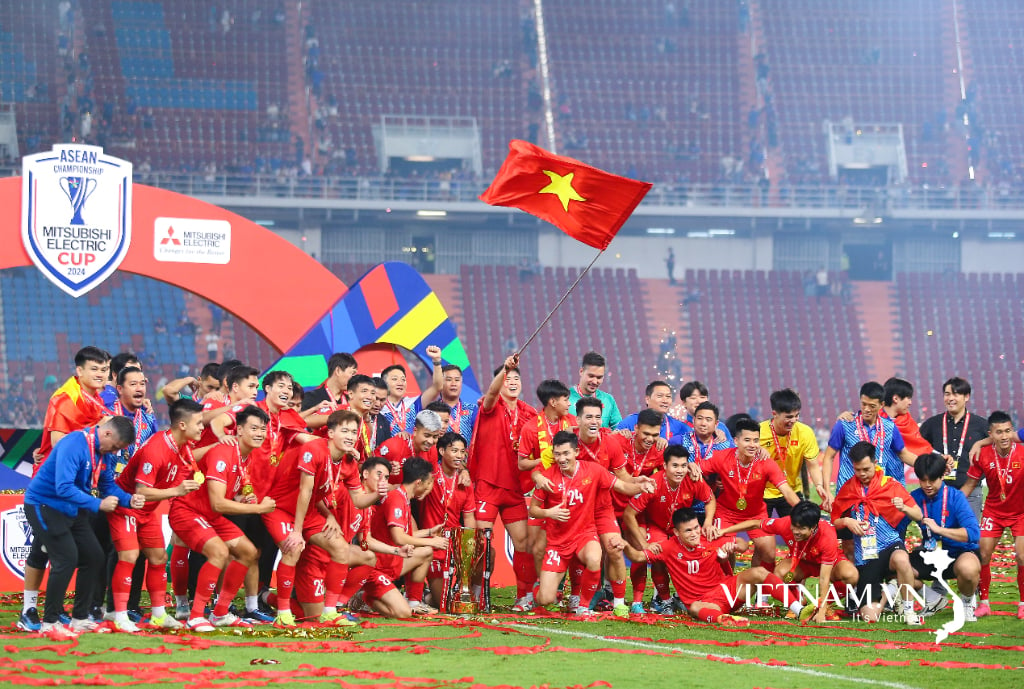

Comment (0)